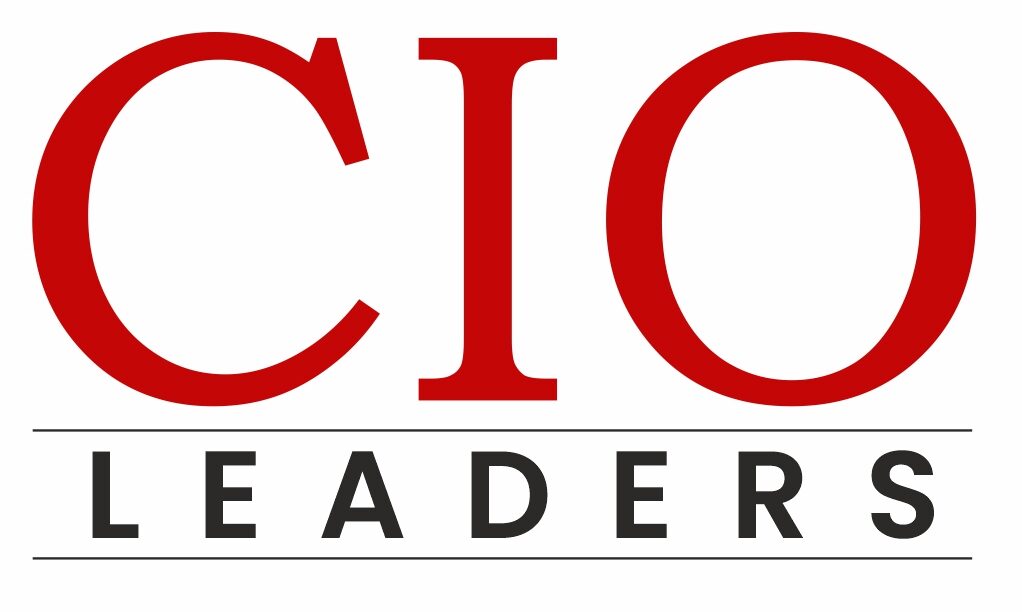Prime Highlights:
South Korean, Japanese, and European brands would be exempt from the tariffs, giving them a significant advantage in the U.S. market.
Farley highlighted Ford’s challenges in competing globally, especially with Chinese electric vehicle manufacturers like BYD, as Ford has not released a new EV since 2022.
Key Background:
Ford CEO Jim Farley has voiced strong opposition to former President Donald Trump’s proposal to impose a 25% tariff on automotive imports from Canada and Mexico, calling the plan detrimental to the U.S. automotive industry. Speaking at the Wolfe Research Auto, Auto Tech, and Semiconductor Conference in New York on February 11, 2025, Farley emphasized that the tariff would significantly damage U.S. automakers like Ford, potentially causing long-term harm to the industry.
Farley argued that the proposed tariff, set to take effect on March 4, would create significant challenges for U.S. companies, while giving foreign automakers a considerable competitive advantage. Brands from South Korea, Japan, and Europe, such as Kia, Honda, and BMW, would be exempt from these tariffs, making it easier for them to maintain an edge in the U.S. market. With foreign manufacturers gaining an advantage, U.S. carmakers would find it even more difficult to compete globally, especially in the growing electric vehicle (EV) sector.
Ford, which has faced challenges in scaling up its EV production, has yet to release a new fully electric vehicle since the launch of the F-150 Lightning in 2022. Farley noted that U.S. automakers are already struggling to compete against Chinese companies, like BYD, which have been able to produce high-volume, low-cost electric vehicles.
Farley also pointed out that the tariffs could further complicate efforts to strengthen the U.S. auto industry. Although President Trump has discussed bolstering domestic production, Farley warned that such tariffs would create “a lot of cost and chaos,” making it more difficult for American companies to compete and innovate.
Furthermore, Farley expressed concern over potential changes to federal incentives for EVs, such as the removal of the $7,500 tax credit, which could jeopardize Ford’s significant investments in its electric vehicle infrastructure, including its $11 billion Blue Oval City plant in Tennessee and Kentucky. The plant is expected to create thousands of jobs, but Farley stressed that these efforts could be undermined if critical aspects of the Inflation Reduction Act are repealed.

